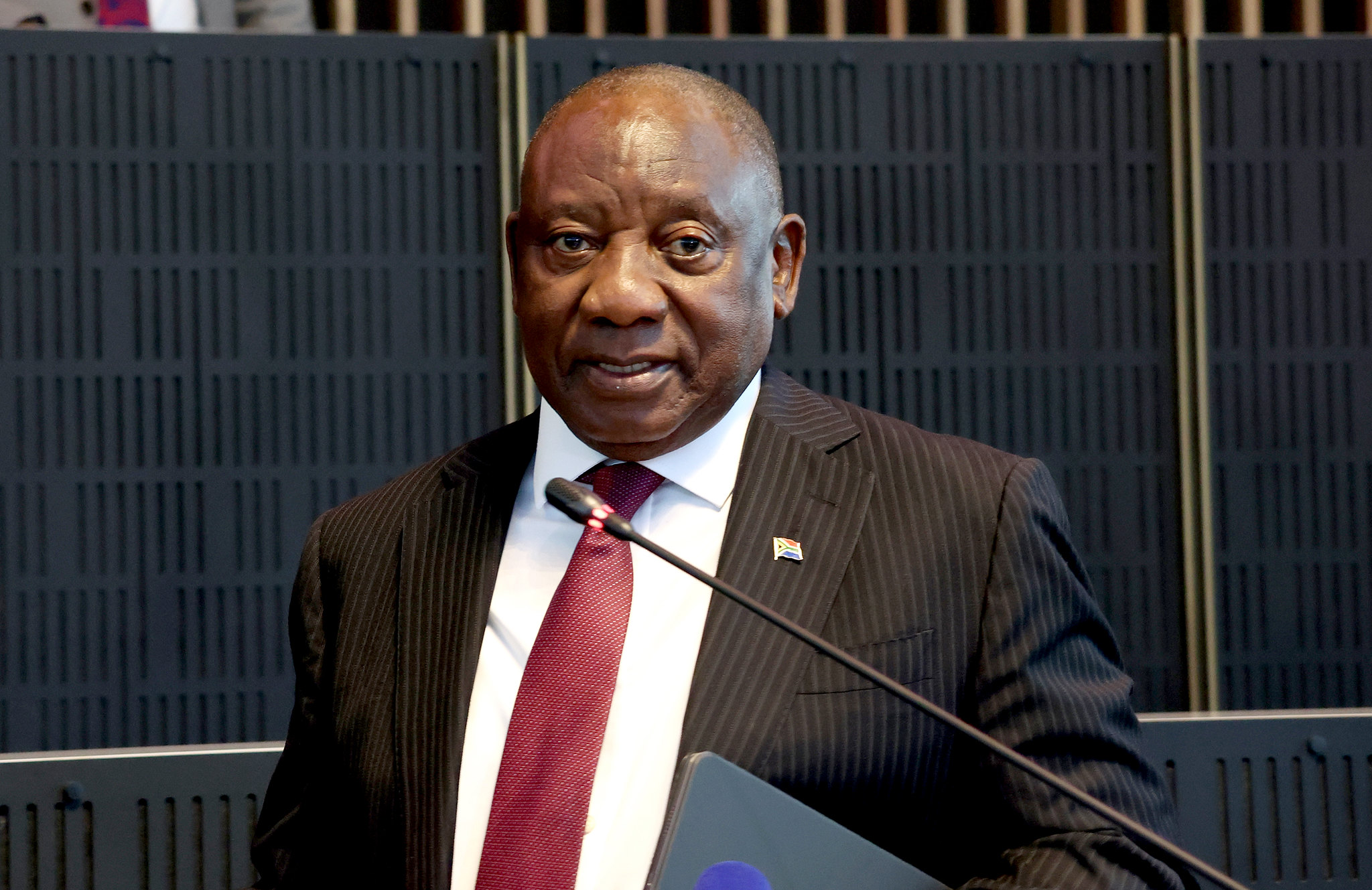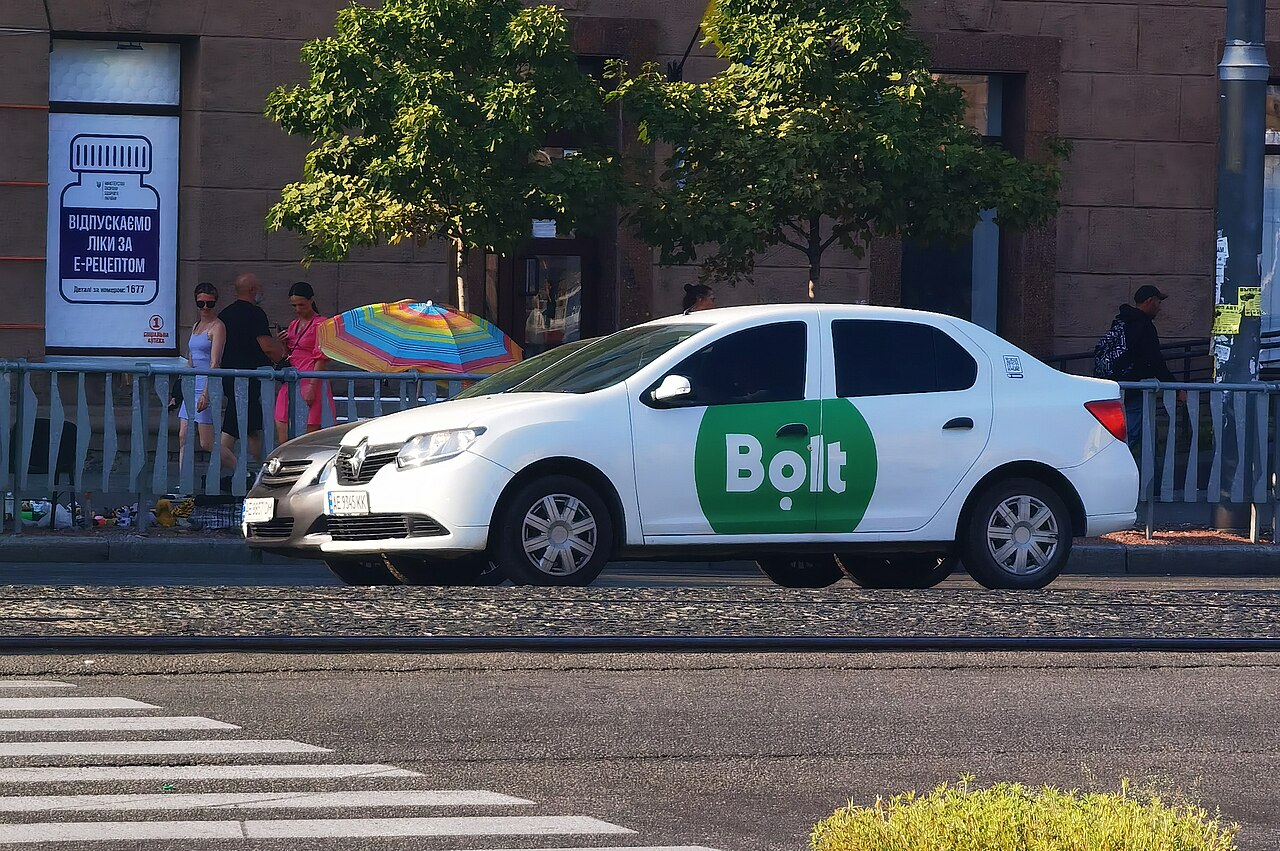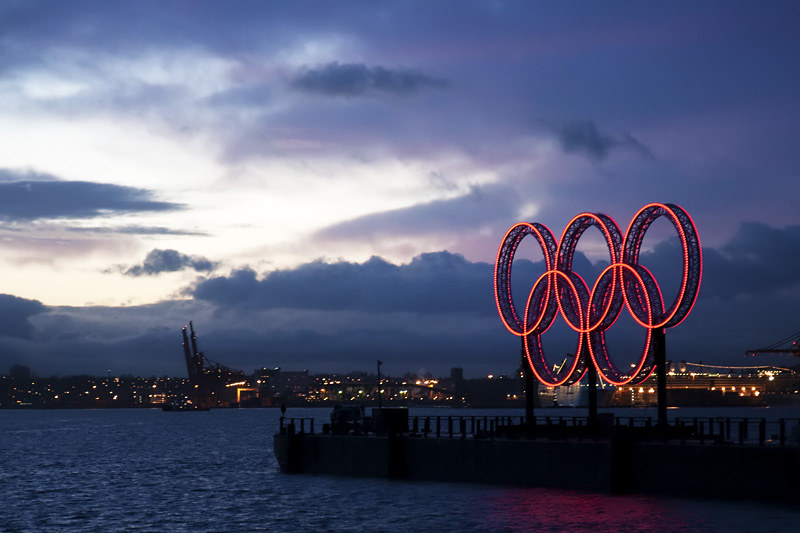President Cyril Ramaphosa has had an epiphany: Johannesburg is falling apart. Yes, the same Johannesburg where he owns a home, regularly attends ANC meetings at Luthuli House, and presumably drives through now and then. Yet it took the looming G20 Summit in November for him to officially acknowledge the city’s crumbling infrastructure, pothole-ridden roads, and sporadically functional traffic lights.
On Thursday and Friday, Ramaphosa, flanked by ministers, Gauteng Premier Panyaza Lesufi, and Johannesburg Mayor Dada Morero, met with the City of Johannesburg Council and a mix of business, labour, civil society, and religious leaders. The aim? To launch the Presidential Johannesburg Working Group, a collaborative initiative meant to fix the city’s mess—or at least tidy it up enough before world leaders descend on the economic hub.
A city in decline
Johannesburg, known as the City of Gold, has been struggling with decaying infrastructure, rolling water and electricity outages, and mounting governance failures. Potholes have become crater-like obstacles, streetlights barely function, and key public institutions like the Johannesburg Library and multiple halls in the Johannesburg Art Gallery remain shut. Jozi vs Jozi, an X page documenting the decline, proves this time and time again.
Residents have been complaining for years, but Ramaphosa’s newfound urgency seems rather… well-timed. Addressing officials and stakeholders, he finally put words to what Joburgers already knew:
“As a resident of Johannesburg, I share the concerns that have been expressed here about the deterioration of services and infrastructure,” he said. “If we do not move with speed to address the critical challenges identified, we risk undermining the progress we have made thus far.”
Coincidence? We think not
The President’s call to action comes just months before Johannesburg welcomes global leaders for the G20 Summit, the first to be hosted on African soil. Coincidentally, city officials have already been prioritising “G20 routes” for clean-ups and infrastructure repairs. Johannesburg Mayor Dada Morero, after facing criticism for seemingly focusing only on areas G20 delegates will see, hastily assured the public that “the whole city” is being addressed. Yet, Joburgers are wondering why their complaints about broken traffic lights and uncollected waste didn’t spark this level of urgency before international dignitaries were on their way
A presidential working group to the rescue?
Ramaphosa’s answer to Joburg’s woes is the Presidential Johannesburg Working Group, which will focus on:
- Strengthening governance and financial management
- Water and sanitation improvements
- Electricity supply stability
- Inner-city rejuvenation and township development
- Revitalising cultural and heritage institutions
- Strengthening safety and law enforcement
If this sounds familiar, it’s because it is. A year ago, Ramaphosa launched a similar initiative in eThekwini, which, according to him, has seen “steady improvement” in business confidence. Whether that’s a convenient political spin or an actual success remains to be seen. But Johannesburg is getting the same treatment, whether it works or not.
The group has been given two years to turn things around. Given how fast political leadership in Joburg changes hands, it’s anyone’s guess whether the same people will still be in charge when the final report lands on Ramaphosa’s desk.
Can the city really be fixed?
Gauteng Premier Panyaza Lesufi acknowledged the dire state of the city and even issued an apology to the President. “It is the single most critical economic hub in the country. If Gauteng fails, South Africa cannot succeed,” said Ramaphosa.
But opposition voices remain sceptical. DA Gauteng leader Solly Msimanga dismissed the initiative as a PR stunt, calling for skills and lifestyle audits of Johannesburg’s leadership instead of “talk shops.” Meanwhile, Cape Town Mayor Geordin Hill-Lewis cheekily offered to host the G20 in his city, touting Cape Town’s “ thriving central business district, offering working traffic lights, neat roads and sidewalks, unmatched natural beauty and excellent conferencing infrastructure”.
But Mr President, you live here?
What’s particularly baffling about Ramaphosa’s sudden concern for Johannesburg’s sorry state is that he actually lives here. He owns a house, regularly commutes to ANC headquarters, and—if he ever drives himself—would have encountered the city’s infrastructure collapse firsthand. So why the delayed reaction?
Ramaphosa even admitted to taking a late-night drive through the city and being shocked at what he saw. “I longed to see the beautiful contours of the city, but I saw nothing,” he lamented. Apparently, someone forgot to tell him that Joburg hasn’t had functional streetlights for years.
Meanwhile, Transport MMC Kenny Kunene, of Patriotic Alliance fame, said he had warned Ramaphosa about this “many moons ago.”
Too little, too late?
The problem isn’t a lack of plans. In fact, Johannesburg has had more ‘turnaround strategies’ than it has working traffic lights. We’ve seen this before, most notably in the run-up to the 2010 FIFA World Cup, when the city underwent a dramatic transformation to impress the world. Roads were resurfaced, new transport systems like the Gautrain and Rea Vaya were rolled out, and urban renewal projects made the city almost unrecognisable. But once the final whistle blew, many of those beautification and maintenance projects were neglected.
The real question is whether this intervention will lead to long-term improvements or whether it’s just another pre-election spectacle with a conveniently timed global summit as motivation.
With only eight months to go until the G20, Johannesburg’s clean-up effort will be a race against time. Residents will no doubt be watching closely to see if the promised interventions benefit the entire city—or just the parts that will be under the global spotlight.
Ramaphosa, for his part, seems determined to prove Johannesburg’s critics wrong. “As South Africans, we are proud people,” he said. “Let us get that self- pride that we have lift us up, so that we do present a G20 that will wow people, so that when people look at what we offer and present they must just say, ‘wow, this is how South Africans do it’”.
Let’s just hope the potholes are filled by then.
Emma is a freshly graduated Journalist from Stellenbosch University, who also holds an Honours in history. She joined the explain team, eager to provide thorough and truthful information and connect with her generation.




